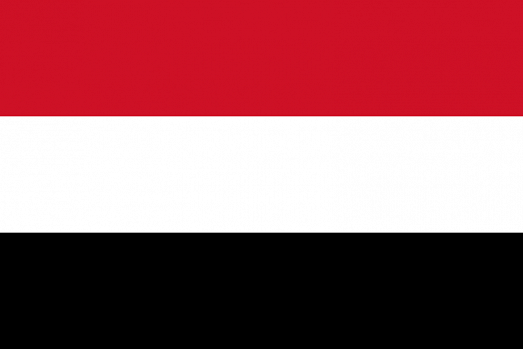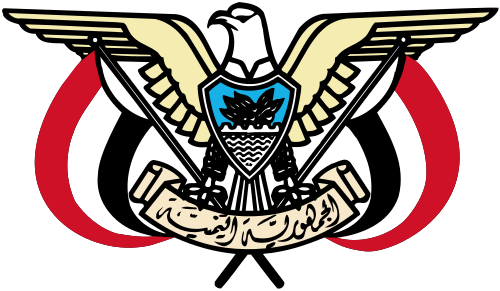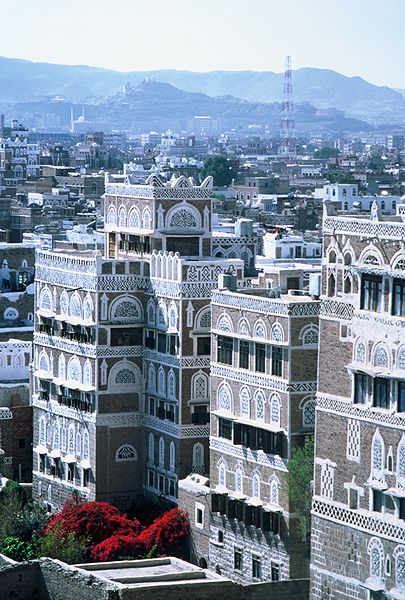 Йеменская Республика
Йеменская Республика
Foreign Minister Sergey Lavrov’s remarks on the Global Geopolitical Situation at the G20 Foreign Ministers’ Meeting, Johannesburg, February 20, 2025
Colleagues,
We welcome the successful start of our South African friends’ presidency. We understand the choice of the geopolitical theme that is not quite relevant for the G20: the economy is increasingly a hostage and victim of political ambitions.
The West’s attempts to contain the objective process of consolidation of new powerful centres of growth in the hope of preserving its domination clash with the multipolar realities, destabilise the geopolitical situation, and divert huge resources that otherwise could be used to address the tasks of sustainable development and those involved in overcoming socioeconomic imbalances and inequality.
To fight rivals, they use a broad range of “hybrid-war” methods, including illegal sanctions, protectionism, theft of sovereign assets, destruction of critical infrastructure, market and pricing machinations, abuse of reserve currencies, and more. They are attempting to justify their violations of international law, including interference in the internal affairs of states, by references to a “rules-based order.”
The Western minority holds a dialogue with the Global South in the same old way, from the position of “White supremacy.” Despite the UN-sponsored resolutions, colonialism has not been eradicated to this day, for there are still 17 non-self-governing territories across the world. Neocolonial practices are flourishing in politics, the economy, the social area, and culture. The former mother countries would like to continue draining off natural riches wherever possible, while containing the industrial and technological development of countries that own these resources.
Seats of tension are multiplying, while the settlement of lingering conflicts is deliberately hampered. The unresolved Palestinian problem has generated a new spiral of violence not only in Gaza but also in Lebanon, Syria and Yemen. Over the past eighteen months, 47,000 Palestinian civilians fell victim to the escalating Arab-Israeli conflict. This is a record number of civilian casualties since World War II. We want to stress the following: the final settlement of this confrontation is only possible on the basis of the two-state formula and the creation of an independent Palestine coexisting with Israel in peace and security.
Yet another knot of confrontation is being tied in the Asia Pacific Region. The ultimate goal of the “Indo-Pacific strategies” that erode the universal ASEAN-centric formats is to promote NATO’s interests in this part of the world and “contain” independent players. In Europe, the thoughtless expansion of NATO has resulted in the Ukraine crisis. What prevents the conflict from being ended is the uncontrolled financial support and the funneling of arms into the openly racist Kiev regime by its patrons. Nevertheless, there is a growing awareness of the fact that a solution can only be found on the path of removing the prime causes of the crisis in Ukraine, including through compliance with the obligations on respecting human rights, such as the right to language and religion, and adherence to the principle of indivisible security in Europe. A detailed discussion of this topic took place during the Russian-US talks in Riyadh on February 18 of this year.
There are persisting threats of international terrorism that have acquired a new dimension following NATO’s military ventures in Iraq, Libya, Afghanistan and Syria. Terrorist groups across the world are getting Western weapons that flow away from Ukraine. True to its tradition of double standards, the West divides militants into “good guys” and “bad guys.” In Europe, this short-sighted policy has led to the terrorist attacks on the Nord Stream pipelines. They are supporting radical nationalist and even openly neo-Nazi movements as yet another tool of confrontation with Russia. In the year of the 80th anniversary of Victory in World War II, we call on our G20 partners to take the side of truth and law and present a united front in the struggle against the glorification of Nazism as well as neo-Nazism and racism.
The predominance of conflicts and hotspots on the international agenda and their impact on global stability prove that it is impossible to ensure security of some countries at the expense of the security of other countries. Security can only be indivisible and equal for all. There is no place for hegemony or hostile bloc policies in a multipolar environment. It is high time the West accepted the new balance of forces and started building a relationship with the Global Majority countries based on mutual respect. We also discussed this with our US colleagues in Riyadh and reached agreement on the main point: International relations must be based on an understanding that each country has its own national interests.
Geopolitical contradictions can only be diffused through constructive cooperation relying on the principles of the UN Charter in their entirety and interconnection. This implies the need for democratising the global governance in favour of justice for the countries of Africa, Asia and Latin America. Attaining this objective is facilitated by the strengthening of multilateral formats, such as BRICS, the SCO, the EAEU, the African Union, the Arab League, CELAC, and others. We welcome the effort to normalise relations between the Cooperation Council for the Arab States of the Gulf and Iran. The same refers to President Vladimir Putin’s initiative on establishing a Greater Eurasian Partnership.
The G20 is highly relevant as a venue for holding an equitable dialogue between the leading economies and as a visible embodiment of the concept of multipolarity. It is symbolic that the Group’s first African “watch” is taking place in a period marked by an important anniversary for the continent: 65 years ago, the UN General Assembly, acting on the USSR’s initiative, adopted the Declaration on the Granting of Independence to Colonial Countries and Peoples. We hope that Pretoria’s guidance will contribute to making yet another step towards removing the vestiges of neocolonialism, including by reforming the Bretton Woods institutions and the WTO and expanding the representation of Asia, Africa and Latin America – and them alone – at the UN Security Council. These agreements will help to ensure stable peace and development.











